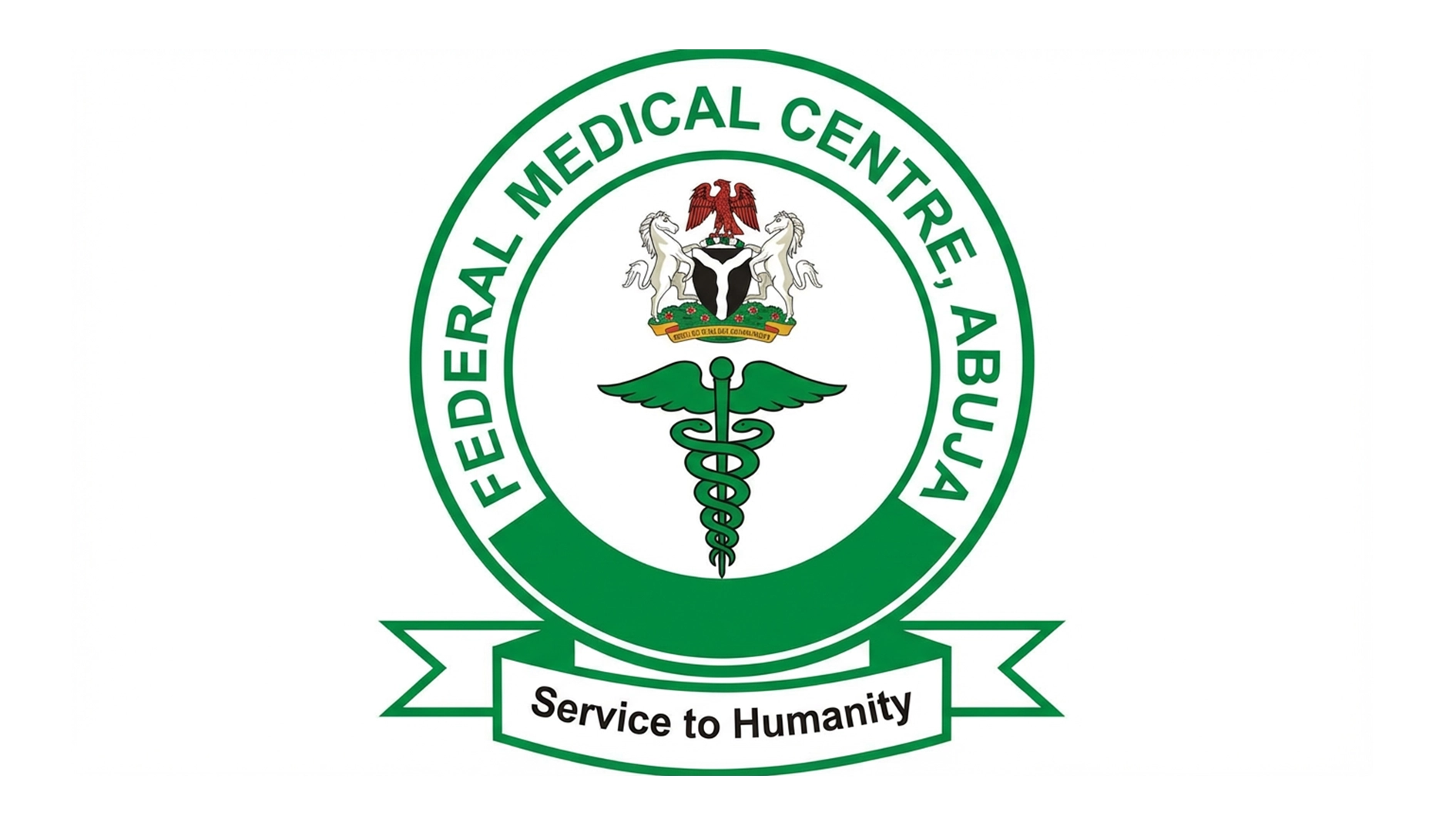Chairman of the National Eye Health Committee, Prof. Afekhide Ernest Omoti, has stressed the need for individuals, communities, and governments to prioritise vision care as a vital part of overall health and national development.
The medical expert disclosed that findings revealed that 1.3 million Nigerians are estimated to be blind, with over 80 per cent of these cases being preventable or treatable.
Omoti, who is a consultant ophthalmologist and Chairman, Eye Health Committee of the Nigerian Medical Association (NMA), made the call as part of activities to commemorate the 2025 World Sight Day with the theme, “Love Your Eyes”, “Love Your Eyes at work”, “Love Your Eyes Kids”, “Love Your Eyes – Protect the Future.”
The consultant said World Sight Day 2025 is a global event dedicated to raising awareness about the importance of eye health and the prevention of avoidable blindness.
Omoti also noted that in the country, millions of Nigerians suffer from visual impairment, with many at risk due to preventable causes. He said: “As we celebrate today, let us remember that vision is not just about sight; it is also about connection, opportunity, and the ability to navigate the world. Our eyes enable us to experience the beauty of life and our environment, from the smiles of our loved ones to the vibrant cultures that surround us.
“This year’s theme, “Love Your Eyes”, “Love Your Eyes at work”, “Love Your Eyes Kids”, “Love Your Eyes – Protect the Future,” calls each of us – individuals, communities, and governments to action. This is because when we protect our eyes, we are not just safeguarding sight; we are securing productivity, learning, inclusion, dignity, and the future of our nation.
“It emphasises the urgent need for individuals, communities, and governments to prioritise vision care as a vital part of overall health and national development.”
Speaking on significance of the day, the past chairman of Edo NMA called on the public to take proactive steps towards protecting their vision. He observed that eye health is not a privilege or a luxury, but a human right, which, according to him, is also a cornerstone of national development.
Omoti, while urging Nigerian citizens to get their eyes tested regularly and seek care early, especially for children and the elderly, said over one billion people worldwide live with vision loss that could have been prevented or treated.






